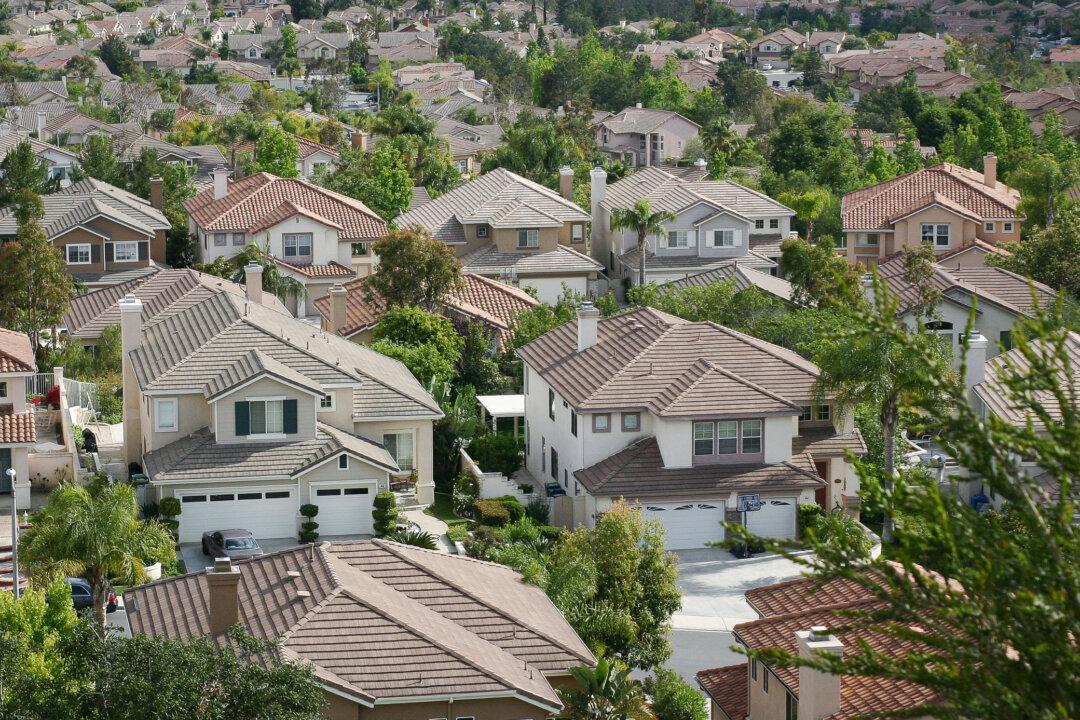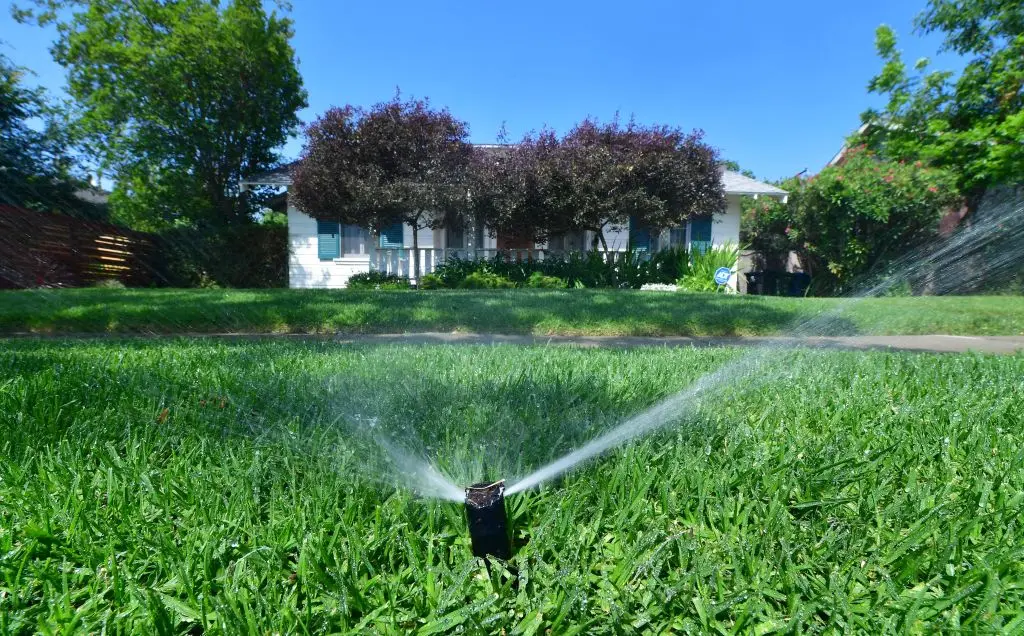SACRAMENTO, Calif.—A grassroots coalition is seeking to have California voters decide if two new laws related to single-family zoning have gone too far. The coalition is currently gathering signatures to potentially put the issue on the November 2022 ballot.
The laws in question are Senate Bill 9 and Senate Bill 10, which both went into effect Jan. 1, and allow duplexes and apartment buildings—up to 10 units—to be built in what was formerly zoned only for single-family homes.





